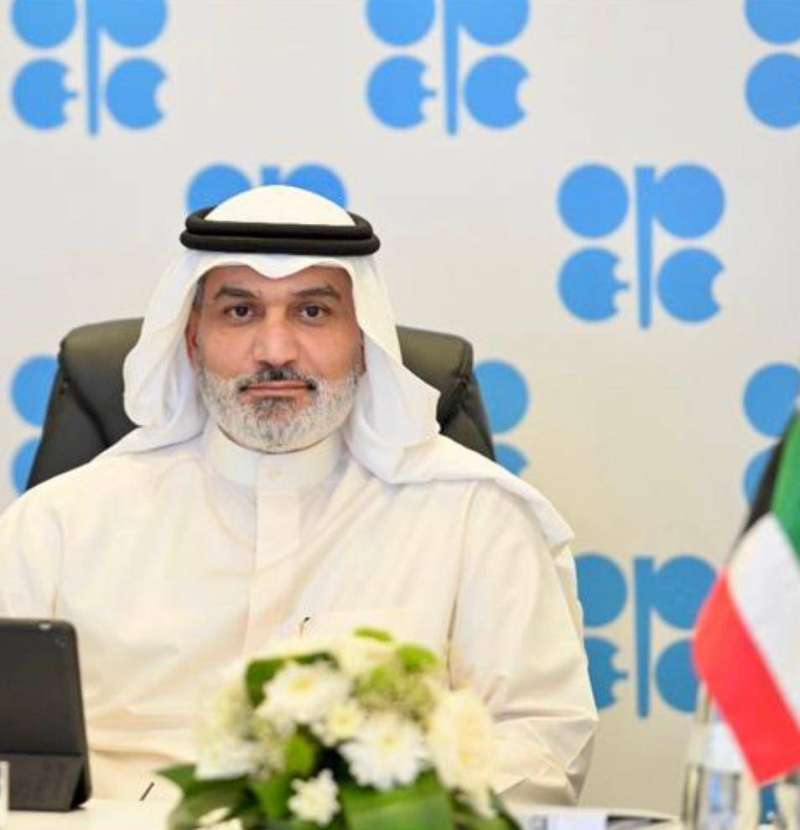According to Reuters, OPEC Secretary-General Haitham al-Ghais blamed high energy prices on politicians, lawmakers, and a lack of investment in the oil and gas industries, not OPEC.
OPEC’s spare production capacity has been severely decreased as a result of the price reduction induced by COVID-19, restricting the organization’s ability to respond rapidly to other possible supply disruptions.
In March, as a result of Russia’s invasion of Ukraine, the Brent crude price neared an all-time high of $147 per barrel.
Prices have now reduced, but they remain high, putting a strain on individuals and companies throughout the world.
Don’t blame OPEC; instead, blame your officials and lawmakers, Al-Ghais stated, because OPEC and the producing countries were pressuring countries to invest in oil (and gas).
The International Energy Agency noted last month that investment in oil and gas was up 10% year on year but remained well behind levels in 2019, adding that part of the immediate deficit in Russian exports could be mitigated by increasing output from abroad.
The new OPEC Secretary-General also cited a lack of downstream investment, but said that OPEC nations had boosted refining capacity to compensate for decreases in Europe and the United States.
He stated that OPEC’s goal is to ensure that the world has enough oil, but that this will entail great challenges and severe difficulties if investors, financial institutions, and policymakers do not understand the importance of investment, and that he hopes that investors, financial institutions, and policymakers take this issue seriously and include it in their future plans.
Al-Ghais: The rise in oil prices is the result of policymakers and lawmakers, not OPEC.

